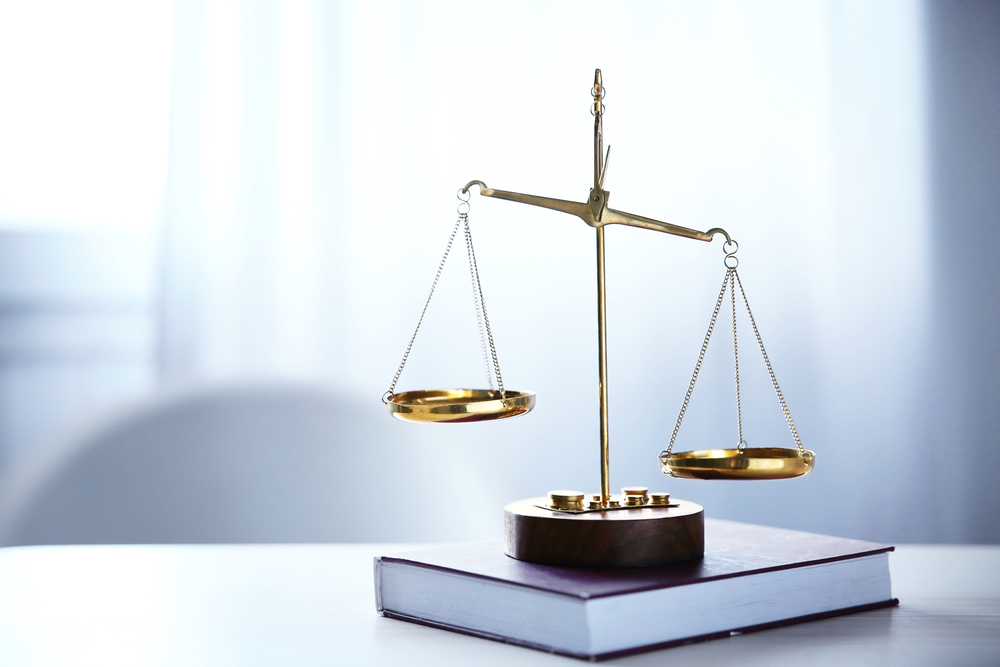A wide range of business disputes, from breach of contract and tort claims to real estate and intellectual property disputes, can be resolved through civil litigation. Although every lawsuit is unique, below is a general overview of the civil litigation process in Texas.
Pleadings
Civil litigation begins with an initial pleading from an injured party, or plaintiff. The plaintiff files a complaint with the court against the party that allegedly caused them harm, and delivers a copy of the complaint to said party, known as the defendant. Complaints state the facts of the case, how the plaintiff was harmed by the defendant’s actions or inactions, which laws were violated, and the relief that the plaintiff is seeking from the court. In a civil trial, relief is generally monetary damages and/or an injunction to force the defendant to do something or to stop doing something. Following the plaintiff’s pleading, the defendant will be allotted a certain period of time to respond to the complaint. The defendant may file a response, sometimes accompanied by counter-claims against the plaintiff, and/or file a motion asking the court to dismiss all or part of the lawsuit.
Prior to the initial pleadings – and at any point before the final ruling at trial – it is advisable that you explore whether alternatives to litigation would be in your best interest. In most civil disputes, the parties reach a settlement before trial. Some settlements are reached with the help of a mediator, which is a neutral third party. In other cases, the parties will agree to resolve their dispute through arbitration, which is a less formal legal proceeding than a trial.
Discovery
Next comes discovery, which is the lengthiest phase of litigation. During discovery, both sides gather relevant information from each other as well as from third parties in order to prepare their case. The plaintiff and defendant submit requests for the production of documents from the other side during this phase. Both sides can also submit requests for admissions, which ask the other side to admit or deny statements of fact. The plaintiff and defendant may also ask each other and other witnesses to answer written questions under oath, which is known as an interrogation, or to answer questions verbally under oath, which is called a deposition. Depositions, which are recorded, may also be used at trial to point out inconsistencies in testimony.
During the discovery phase, attorneys for the plaintiff and/or defendant may work with expert witnesses to help them build their case. Expert witnesses may be called to clarify, explain or provide informed opinions on complicated matters that are beyond the understanding of the average person.
Either side may file pre-trial motions. For instance, a motion for summary judgment asks the court to decide all or part of the case without trial because there is no dispute about material facts. Others include motions to dismiss all or part of the case, to exclude certain evidence or to order the production of documents.
Trial
Cases that go unsettled will proceed to trial, which may be decided by a jury or a judge alone. If it’s a jury trial, both parties will question potential jurors. Just prior to a trial’s onset, both sides will provide the judge with briefs outlining their arguments and the evidence they plan to present at trial. Once the trial begins, the plaintiff and then the defendant will make opening statements that outline their case and then present evidence, which may include calling witnesses and presenting documents and other evidence. After each witness is questioned, the other party can cross-examine the witness. The parties give their closing arguments after all the evidence has been presented, and the judge or jury renders a decision.
Appeals
A party who is dissatisfied with the outcome of a trial could file a timely appeal with an appellate court. Your attorney can advise you on whether an appeal is likely to produce a favorable outcome. In an appeal, the parties submit briefs with their arguments along with the record of evidence from the trial court. The appellate court will review the lawsuit primarily to determine if any legal errors were committed at the trial level. If the appellate court determines an error was made, it may reverse the verdict or order a new trial. A law firm with considerable trial and appellate experience will have expertise in preserving and protecting the trial record to help ensure that a positive result in your favor will not be overturned on appeal.
Pappas Grubbs Price PC assists clients in disputes touching virtually every industry in Texas. Whether the case concerns a multi-million dollar dispute requiring complex, creative litigation techniques, or one requiring immediate injunctive relief, our goal is the same: to develop a cost-efficient and successful litigation strategy based on the client’s business goals. Contact us to arrange a consultation with a civil litigation attorney.














































